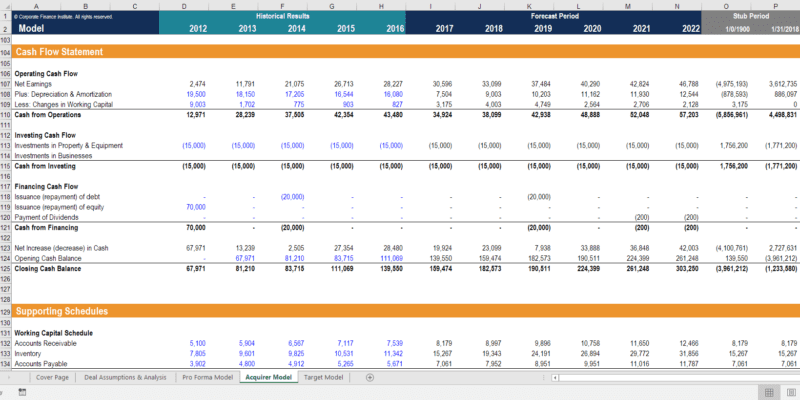Budgeting & Forecasting Career Profile
A complete guide to job descriptions for budgeting and forecasting roles
Budgeting and Forecasting Career Overview
As a financial analyst working in the Financial Planning and Analysis (FP&A) department, budgeting and forecasting are among the most critical aspects of the job. The FP&A team is responsible for developing budgets, forecasts, and financial models that support the company’s strategic goals and help in making informed business decisions.

The main job responsibility of a financial analyst in an FP&A department is to create, maintain and update financial models, forecasts, and budgets. This involves analyzing financial data, developing models, and creating reports that help in decision-making processes. In addition, financial analysts work with different departments to provide financial insights, support financial planning processes, and provide recommendations to improve financial performance.
Skills for Success in Budgeting and Forecasting
To excel in a budgeting and forecasting role, financial analysts need to possess a combination of analytical, technical, and communication skills. The following are the essential skills used regularly:
- Analytical skills: Financial analysts must have excellent analytical skills to interpret financial data, identify trends, and make sound financial decisions.
- Technical skills: Financial analysts must be proficient in Microsoft Excel, financial modeling, and other analytical tools used in the industry.
- Communication skills: Financial analysts must be able to communicate complex financial information to non-financial stakeholders clearly.
Financial analysts also use a wide range of tools in their day-to-day work. Some of the most common tools include:
- Financial modeling software: These tools help financial analysts create sophisticated financial models that provide insights into the company’s financial performance. Excel is a fundamental tool in budgeting and forecasting and the most commonly used software for financial modeling. It can also be used for data analysis and creating reports.
- Business intelligence tools: These tools help in data visualization and creating dashboards and reports that make it easier to analyze large volumes of data. Many financial analysts use software like Tableau and Power BI to create these visualizations and share their insights with their internal teams.
Key Stakeholders in Budgeting and Forecasting
Financial analysts work closely with various stakeholders across the organization. Some of the key stakeholders include:
- Finance: Financial analysts work closely with other members of the finance team, including the CFO, controller, and accounting team.
- Other business units: Financial analysts might work alongside sales, marketing, and operations to support financial planning and decision-making.
- Senior management: Financial analysts must regularly provide insights and recommendations to senior management to help in strategic decision-making.
A Typical Day for a Budgeting and Forecasting Professional
A typical day for a financial analyst in an FP&A department may include the following activities:
- Reviewing financial data and preparing reports on financial performance
- Developing and maintaining financial models that support forecasting and budgeting
- Participating in meetings with other departments to discuss financial planning and provide financial insights
- Collaborating with other members of the finance team to ensure financial data accuracy
Qualifications and Experience for Financial Analysts
To work in an FP&A department specializing in budgeting and forecasting, candidates typically need to have a bachelor’s degree in finance, accounting, or a related field. Candidates might also need to have professional certifications such as an accounting designation, depending on the company’s requirements. Experience requirements vary by company, but most employers require at least two to five years of experience in finance or accounting roles.
Compensation for Budgeting and Forecasting Roles
The compensation for financial analysts can vary depending on factors such as company size, industry, location, and years of experience. Generally, financial analysts who focus on budgeting and forecasting are in high demand and may earn slightly higher salaries due to the importance of their role in the financial planning process.